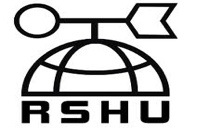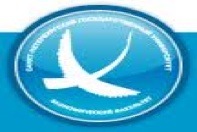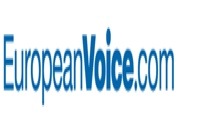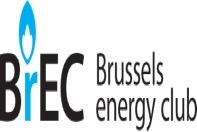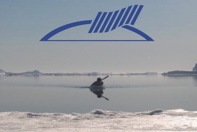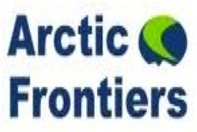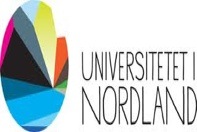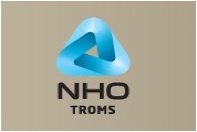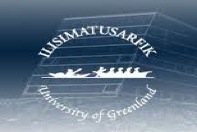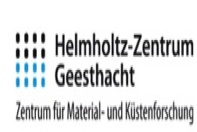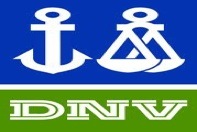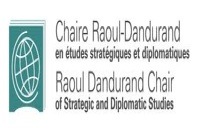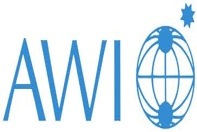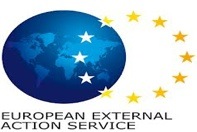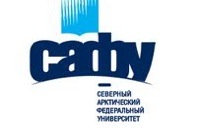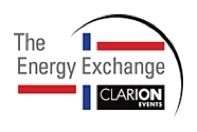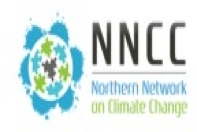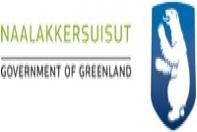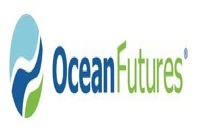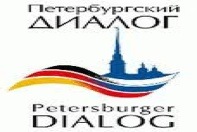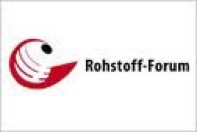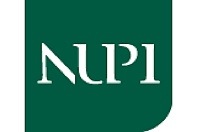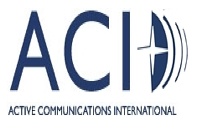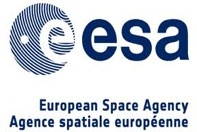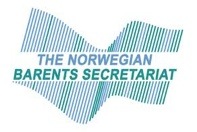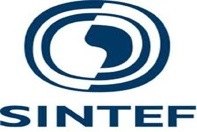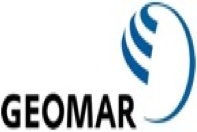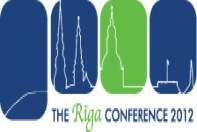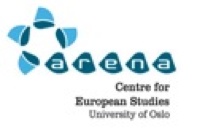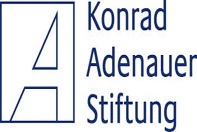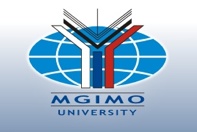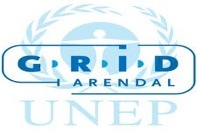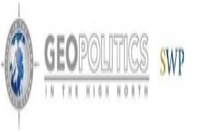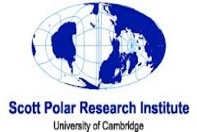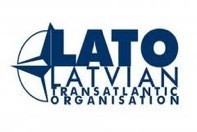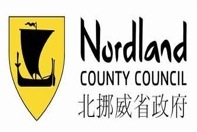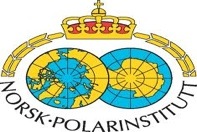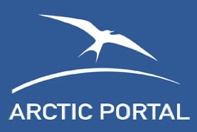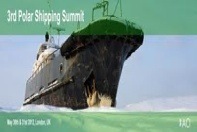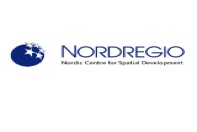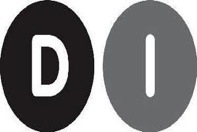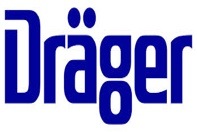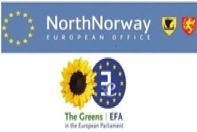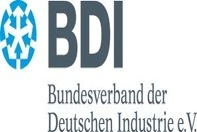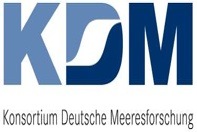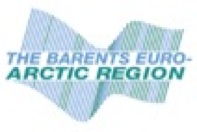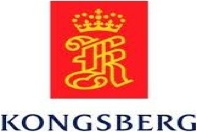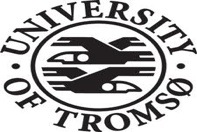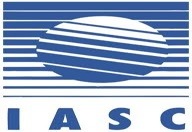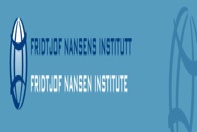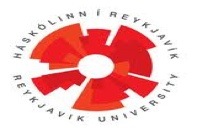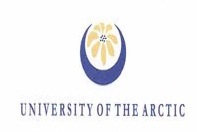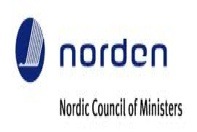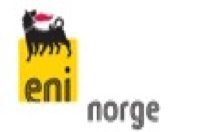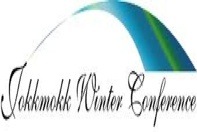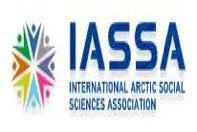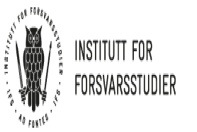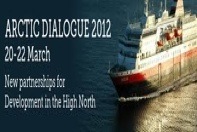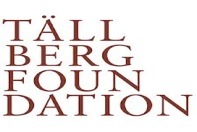Tipping Over into 2013
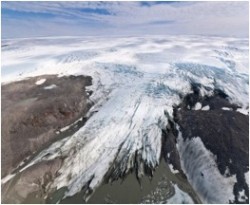
Source: www.imbie.org
The ice is melting quickly, a global political sclerosis on climate change issues is being offset by a massive influx of newcomers of the state and non-state variety, and the Asians are on the scene. In 2012 we have witnessed some significant developments in the Circumpolar North, and Arctic Forum Foundation (AFF) has been engaged throughout. With the addition of new actors, and the realization that the Arctic era is almost upon us, the AFF role as advocate and facilitator in the Arctic arena becomes ever more necessary.
A Rapidly Changing Landscape
As some may remember, the discussion theme for the Arctic Frontiers 2011 conference in Tromsø, Norway was “Arctic Tipping Points”. In keeping with the title, many of the conference’s presentations were keyed to how various scenarios in the Arctic region were developing to a point where a small amount of additional external pressure could pave the way for an irreversible change in events – both for the region and the planet as a whole. Fast-forward two years, and amid a general sense that the metaphorical dominoes are starting to fall over, the focus of Arctic Frontiers 2013 addressed “Geopolitics and Marine Production in a Changing Arctic”. This year’s conference was preceded by a couple of key reports that underscored the rapidly changing nature of Arctic commercial/marine activity. In September 2012, the US-based National Snow and Ice Data Center recorded the lowest seasonal minimum sea ice extent in the satellite record since 1979. A few months later, the preliminary results of the Ice Sheet Mass Balance Inter-comparison Exercise (Imbie), which was jointly funded by the European Space Agency and the US National Aeronautics and Space Administration (NASA), were released; it revealed that the Greenlandic and Antarctic Ice Sheets were losing mass at a combined rate of approximately 344 billion tons per year – and that the rate was expected to increase further. Against this backdrop, discussions on both Arctic commercial activity and environmental management issues took on a more serious and pragmatic tone, both in the policy and scientific sections of the conference.
Indicative of the tenor of the discussion in Tromsø was the speech given by Alaska’s Lt. Governor Mead Treadwell. In it, Treadwell struck an interesting balance between the need for better communication and support in an era of ever-increasing Arctic shipping activity, and the palpable excitement about being on the edge of “the age of Arctic shipping the great explorers dreamed of”. Largely echoing the sentiments of the AFF’s Secretary General Steffen Weber, Treadwell made a case for the need for greater communication and interaction not only between Arctic states, but with the private sector actors that will be conducting the activity itself as well. He particularly stressed the need for these actors to be engaging the local (in this case, Alaskan) communities affected by arctic marine activity, surmising that improved communication networks between all parties would prove to be equally beneficial to all involved. In an advantageous example for shipping companies, tighter cooperation between Arctic coastal states in terms of pooling resources and joint management of shipping areas would have the likely result of making Arctic shipping more cost effective, and therefore more attractive. To see Lt. Governor Treadwell’s complete presentation at Arctic Frontiers 2013 and his subsequent participation on the discussion panel, click here.
A Shift in Power Amid a Slowdown in Global Momentum
Coupled with the reports chronicling the rapid demise of the ice sheets came disappointing returns from 2012’s two major climate change venues – the United Nations Conference on Sustainable Development in Rio de Janeiro and the UN Climate Change Conference in Doha, Qatar (COP18/CMP8). The conference in Rio – attended by the AFF’s researcher Cécile Pelaudeix – was a grand affair with over 50,000 participants, but which failed to produce any enforceable commitments on global climate change despite the turnout.
Similarly, the Doha conference yielded somewhat disappointing results. Despite affirming and extending the Kyoto Protocol schedule and making some inroads towards providing technical and financial assistance packages to the developing states who will suffer the most from the onset of climate change, Doha failed to live up to its promise. The general consensus of the non-political class was neatly summed up by Tasneem Essop, the WWF head of delegation, when he stated, “The Doha decision has delivered no real cuts in emissions, it has delivered no concrete finance, and it has not delivered on equity.”
However, an interesting observation was made in a review of the Rio conference in the US newspaper Star Tribune – one that could possibly be extrapolated to other recent climate change forums, to include Doha. The reviewer noticed that the outcome of the Rio talks reflected “…big power shifts around the world. These include a new assertiveness by developing nations in international forums and the growing capacity of grass-roots organizations and corporations to mold effective environmental action without the blessing of governments.” So while the visible need for climate change action does not appear to prompt the key influential actors to agree on what should be done, the crisis is bringing many newcomers to the table – and as they say, there is strength in numbers.
“Honey, the Asians are here!”
As newcomers from outside the Circle, no one appears to be making a bigger splash in the Arctic pool than the Asians, China in particular. This was evident in the attention paid to the respective presentations made at Arctic Frontiers 2013 by both the Chinese and Korean ambassadors to Norway. Japan was represented via two presentations in the science section, as was India, whose plug came in the form of a jovial former Indian Navy officer from the Indian Council of World Affairs who gave a rousing case for India’s role in the “global commons”. In their totality, it had the feel of an open pitch to the Arctic Council ahead of the May 2013 Ministerial in Sweden, where a decision is expected to be made regarding Permanent Observer status for the above countries, among others.
Yet it appears to be China’s involvement that spurs much of the discussion. Or more accurately, the relative lack of Chinese representation at various Arctic-related forums to explain China’s interest and intentions in the region. But make no mistake about it – the Chinese are in the Arctic. Both in the environmental/scientific realm and in the private sector, Beijing and Shanghai have made their presence felt. Notably, in summer 2012, the Chinese icebreaker Xue Long (“Snow Dragon”) made a trans-Arctic voyage, taking the Northern Sea Route to Iceland, then returning to China via the Trans-Polar Route. The Xue Long made port calls in Reykjavik and the “northern capital” of Akureyri while in Iceland, holding conferences on Icelandic-Chinese cooperation in the Arctic in both cities. EU Arctic Forum researcher Stephen Perry was in Iceland to attend some of the events related to the Xue Long’s visit – of particular interest was the Second China – Iceland Arctic Symposium held at the University of Iceland in Reykjavik on August 17th. Remarks by the Chinese Ambassador to Iceland, H.E. Su Ge and Icelandic President Ólafur Ragnar Grímsson opened the conference, which covered a range of issues from details of the Xue Long’s research, to China and Iceland’s formalized cooperation on Arctic affairs (signed in April 2012) and new academic/research partnership manifesting in a joint Aurora Borealis research laboratory in northern Iceland (the official memorandum was signed at the conference).
The Chinese Arctic presence isn’t just relegated to Iceland, either. With a scientific research station on Svalbard and commercial interests in Greenland and Arctic Canada, China’s Arctic portfolio is not insignificant. Combined with the other Asian hopefuls, this presents a new political and commercial front to negotiate as Arctic activity increases – further demonstrating the importance of effective communication and interpretation for stakeholders unfamiliar with European policy formulation, or with fields/domains different from their own.
It is in this environment where the AFF intends to meet stakeholders from across the spectrum. We are looking forward to an exciting and productive 2013 in Arctic affairs, and hope to be active with many of you in the process as we continue to work to bring people together in the Circumpolar North.
Written by Stephen Perry
Research Fellow AFF

